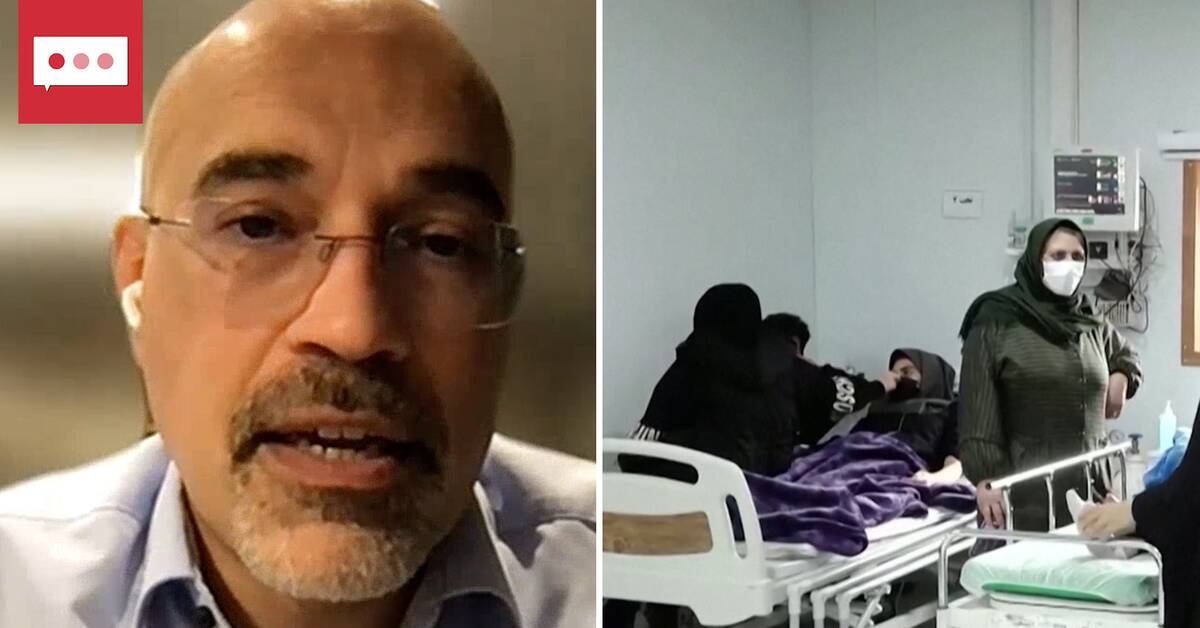The first alarms about suspected poisoning came in November and since then over 5,000 students have suffered from symptoms such as dizziness, nausea, headaches and breathing difficulties.
Last week, several protests were held where demonstrators vented their displeasure at the regime's meek action against the poisonings.
But now more than 100 people have been arrested on suspicion of involvement in the attacks.
“Show that they are in control”
According to Iran expert Rouzbeh Parsi, program director of the Middle East and North Africa program at the Foreign Policy Institute, it is difficult to say the exact motives for the mass arrests, but it is clear that the government felt pressured to put its foot down.
- The population and the outside world do not have much confidence in the Iranian justice system, he says.
- It is a way of showing that they actually know what they are doing.
Whether those who have been arrested are really involved and what kind of court proceedings there will be, remains to be seen.
Iran's Ministry of the Interior states in a statement that some of those arrested must have had "hostile motives with the aim of creating fear among the population and the students".
Journalists and regime critics arrested
Already last week, a number of people were arrested.
At the same time, three journalists and three regime critics were taken in for questioning after they questioned the authorities' handling of the situation, The Guardian reports.
Rouzbeh Parsi believes that Iran is trying to direct suspicions towards an "external enemy who is trying to create discord and chaos in the country".
- Based on the strange logic, it becomes logical to arrest those who report or try to do their own investigations to find out what has happened.
On the one hand, maybe they will find things that are unpleasant for the state, and on the other hand their reporting helps to show how fallen the state has been, he says.
Alarms about the feared poison attacks, which have mainly targeted schools for girls and young women, have come after the nationwide protests that followed the death of Mahsa Zhina Amini last September.

